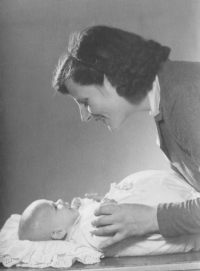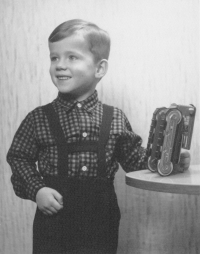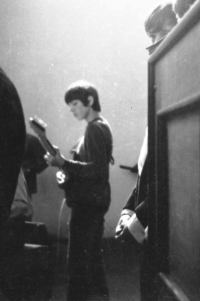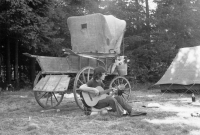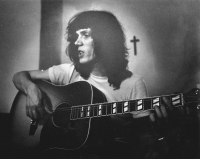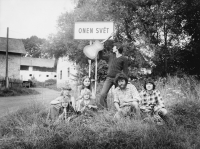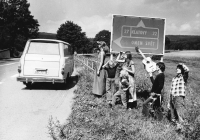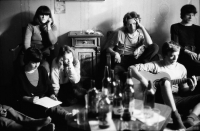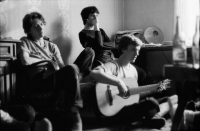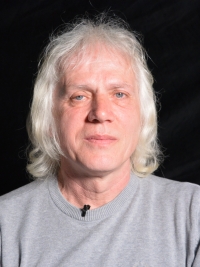God, you accept us with our hearts, as they are
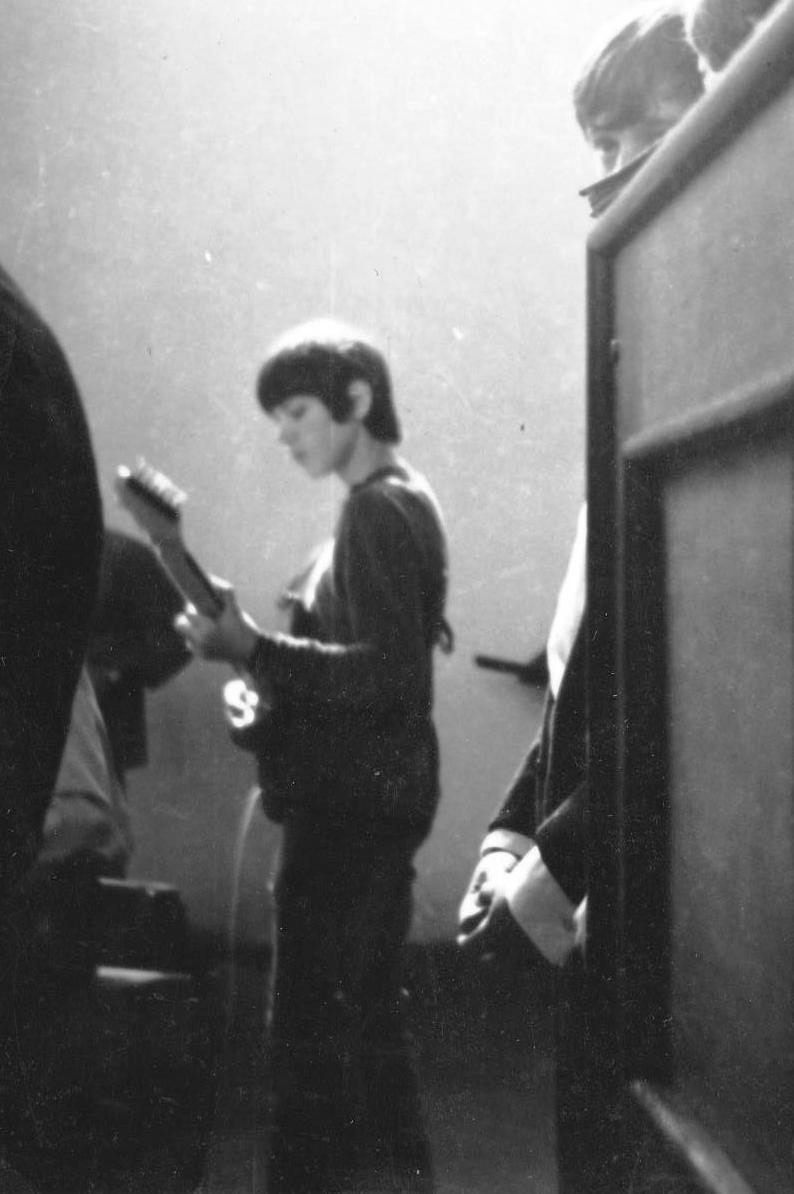
Stáhnout obrázek
Marian Jahoda was born on November 28, 1953 in Olomouc. His mother passed on to him the Catholic faith, which became decisive for his life. In 1967, he received the sacrament of Confirmation and became involved in the Christian youth community. From 1968 he went to the renewed scouts, but soon experienced the invasion of Warsaw Pact troops in Olomouc, and two years later the scouts were banned again. Taken by modern music, he accompanied the church choir in Olomouc-Hejčín during the so-called beat masses, with which he would play in parishes in Moravia and Silesia. He trained as a metal modeler and worked in Moravian Ironworks. Influenced by religious and artistically active people in the early 1980s, he revived his Catholic faith. He regularly met with friends in apartments for prayers in the spirit of the Taizé community and charismatic renewal. In his apartment, he hosted a meetings to read biblical texts every Sunday. He attended secret theological seminars of Josef Zvěřina. He was monitored and interrogated by the State Security for his activities. He participated in activities in support of unjustly prosecuted people. From 1982 he worked as a paramedic in the operating room at the II. surgical clinic in Olomouc-Řepčín. He enthusiastically took part in the demonstration in November 1989, welcoming the fall of the totalitarian government of the Communist Party of Czechoslovakia and the arrival of freedom. Since 1992, he has been trying to restore Charity Olomouc and other charities in the Olomouc archdiocese. Since 2001 he has worked at the Center for Interdisciplinary Studies under Palacký University in Olomouc, and in 2007 he participated in the establishment and operation of the Department of Development Studies.
